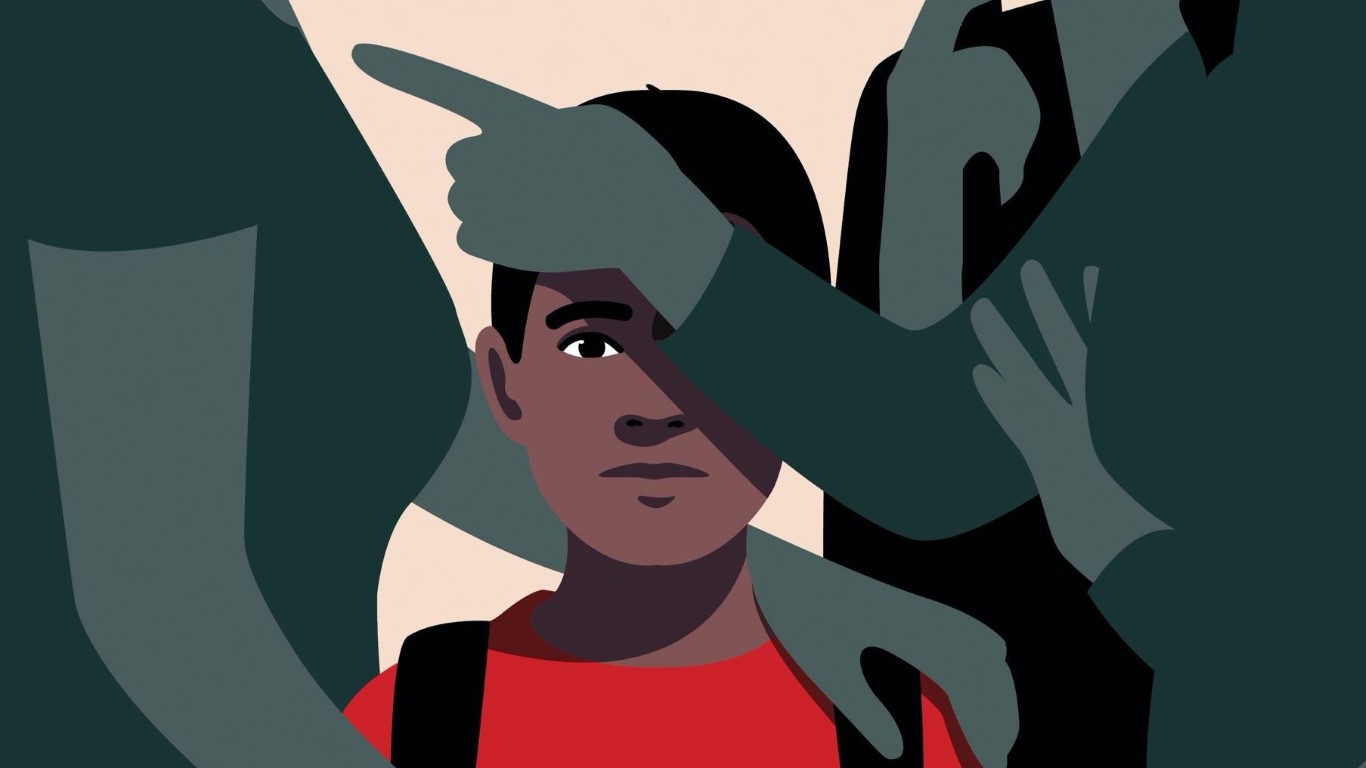June 15th 2020
For families where children are from previous relationships, estate planning becomes especially important. A parent may question what happens to their estate when they pass away. Will the children from their former relationship be protected? This article considers the issues of estate planning in the context of blended families. After reviewing some ground rules, the article will explore some of the questions that parents in a blended family may have when preparing their will.

There are four key features of Ontario’s succession law which are of critical importance for blended families. First, marriage revokes a prior will. Second, spouses may be entitled to additional support. Third, stepchildren are not automatically entitled to a share in the estate of their step-parent, and last, as long as you are living with sufficient mental capacity, your are able to change or revoke your will. These rules have profound impacts on couples who wish to plan for the inheritance of their children. Let’s understand the impact of these rules using a few scenarios below.
 Imagine A and B are married. The only children are B’s from a previous relationship. Both A and B draft their wills. The wills provide that on their death, the estate passes to their spouse and if their spouse has already passed, then the estate goes to the children of B. B dies and A inherits the entire estate. A then remarries C. In this situation, unless A drafts another will, C is entitled to the entire estate of A on A’s death. This is because marriage revokes a prior will and stepchildren are not automatically provided for in Ontario’s succession law. If the children were minors or dependants, there would be further complications. First, who should be the guardian of the children? Second, are the children entitled to support if they were dependants of A? Third, if the children are entitled to support, who should control and administer this money to them? In this scenario, A could have redraft their will in order to clarify how the step-children will be protected, including financially and by designating a guardian for their care if they are minors.
Imagine A and B are married. The only children are B’s from a previous relationship. Both A and B draft their wills. The wills provide that on their death, the estate passes to their spouse and if their spouse has already passed, then the estate goes to the children of B. B dies and A inherits the entire estate. A then remarries C. In this situation, unless A drafts another will, C is entitled to the entire estate of A on A’s death. This is because marriage revokes a prior will and stepchildren are not automatically provided for in Ontario’s succession law. If the children were minors or dependants, there would be further complications. First, who should be the guardian of the children? Second, are the children entitled to support if they were dependants of A? Third, if the children are entitled to support, who should control and administer this money to them? In this scenario, A could have redraft their will in order to clarify how the step-children will be protected, including financially and by designating a guardian for their care if they are minors.
Let’s go back to the situation above. B may have wondered if he or she could leave everything to his or her children and exclude A. However, a married partner has at minimum a claim to equalization of the net family assets. Even if B tried to leave most of the assets to his or her  children, a spouse may have a claim as a dependant and seek additional support on this ground. Since wills can be redrafted continually during your lifetime, A could choose to redraft their will after B passes away and exclude the children of B from any inheritance. Both scenarios above reflect unfortunate consequences for individuals who do not properly plan their estate.
children, a spouse may have a claim as a dependant and seek additional support on this ground. Since wills can be redrafted continually during your lifetime, A could choose to redraft their will after B passes away and exclude the children of B from any inheritance. Both scenarios above reflect unfortunate consequences for individuals who do not properly plan their estate.
In order to obtain professional advice in confidence, it is good practice for each partner in a blended family to speak to an estate lawyer individually. This is a challenging topic that requires an open discussion about how to balance the rights and interests of your spouse with those of children from a previous relationship. The worst outcome is that neither party in the relationship seeks professional advice and as a result a will is not prepared – risking claims from biological parents of a previous relationship for financial and custodial control. If you are in a situation with a blended family and need sound advice on your estate planning options, be sure to contact Liddiard Law today.
Michael Craig Liddiard, BA MA JD | Liddiard Law Professional Corporation | michael@liddiardlaw.ca